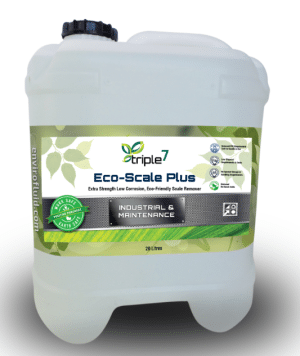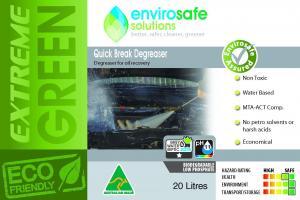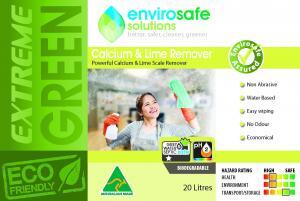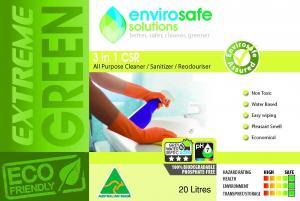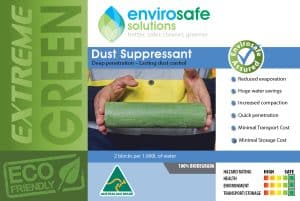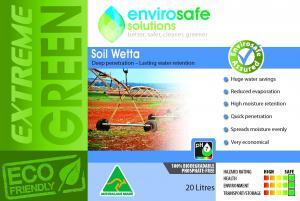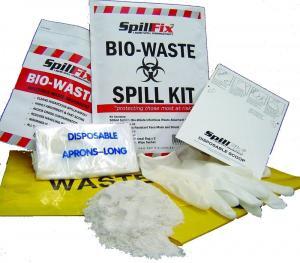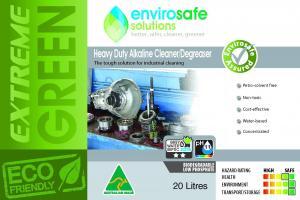 Going green and making sustainable business choices has become a public relations winner for big business. But is the corporate green revolution just another cost burden for the small retailer or service provider in Australia? Not according to environmental activist John Dee, who cites research showing sustainability can improve business performance.
Going green and making sustainable business choices has become a public relations winner for big business. But is the corporate green revolution just another cost burden for the small retailer or service provider in Australia? Not according to environmental activist John Dee, who cites research showing sustainability can improve business performance.
Sustainable business decisions can reduce overheads, increase market share and attract high quality staff, according to a leading environmentalist.
Australian of the Year John Dee has pulled together research from Australia and internationally to argue the case for small and medium sized enterprises (SMEs) to make green business choices (such as switching to environmental cleaning products).
He credits green decisions as reducing overheads by cutting electricity costs and waste. Sustainable organisations are also more attractive to employees, especially those with higher educations and greater social awareness.
Dee claims corporate sustainability allows business to reduce risks from resource price hikes and improve relationships with suppliers and customers. An improved public image gives green businesses an advantage in winning a greater market share.
The argument for business sustainability among SMEs has been made in Dee’s e-book Sustainable Growth, a free resource available on the Just Do Something website.
“SMEs that are proactive on environmental and social issues are attractive to larger companies that have a sustainable procurement policy. If your business is supplying larger companies then there is significant potential in this space to ‘go green’ and benefit through increased market share.”
Short-term cost cutting measures such as using poor quality goods or services could cost a business heavily in terms of its reputation.
“The 1990s (saw) companies exposed as using overseas suppliers who used child labour, cheap labour or unfair working practices. Knowing where the goods and services in your supply chain are coming from is vital if you want to minimise threats to your corporate reputation.”
A study of 800 Australian SMEs (Net Balance/Australian Fieldwork Solutions SME Sustainability Index) across 14 industries showed many companies were reluctant to embrace sustainability.
- Six out of 10 SMEs did not consider energy efficiency a major concern when it came to saving money;
- Only one in three SMEs were concerned about waste management;
- Only 25 per cent of SMEs were concerned about reducing greenhouse gas emissions.
Green business choices include reducing energy and resource consumption and switching to environmentally friendly products.
Australian eco-friendly industrial liquid company Envirosafe Solutions not only sells green products to Australian business but has embraced sustainability on a corporate level.
It uses its own environmentally friendly liquids (effective cleaners which are biodegradable, free of toxic chemicals, harsh solvents, strong acids and contain low or no phosphates).
Its commitment to reducing its greenhouse gas emissions includes donating two per cent of profits to Carbon Neutral to offset its energy consumption.
Dee cites Global Footprint Network projections as showing that by 2035 and 2050 humankind will reach a point where it needs two planets to sustain it.
Businesses that fail to embrace sustainability are living on ‘borrowed credit’. For advice on eco-friendly liquid products or Envirosafe Solutions sustainable corporate policies contact 1300 88 90 70 or email info@evss.com.au.
Sources:
http://about.sensis.com.au/IgnitionSuite/uploads/docs/Sustainable%20Growth%20-%20chapter%201.pdf









